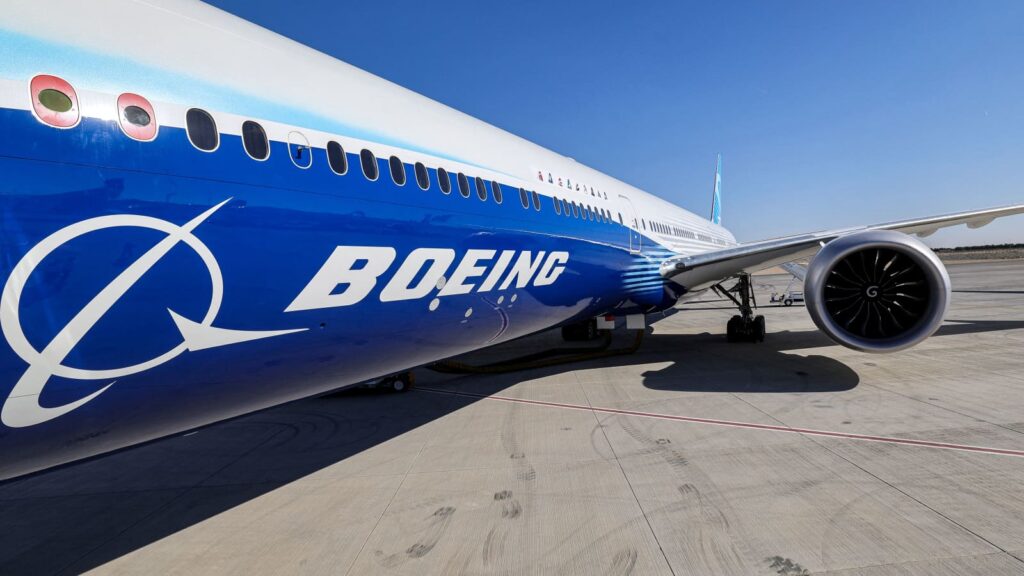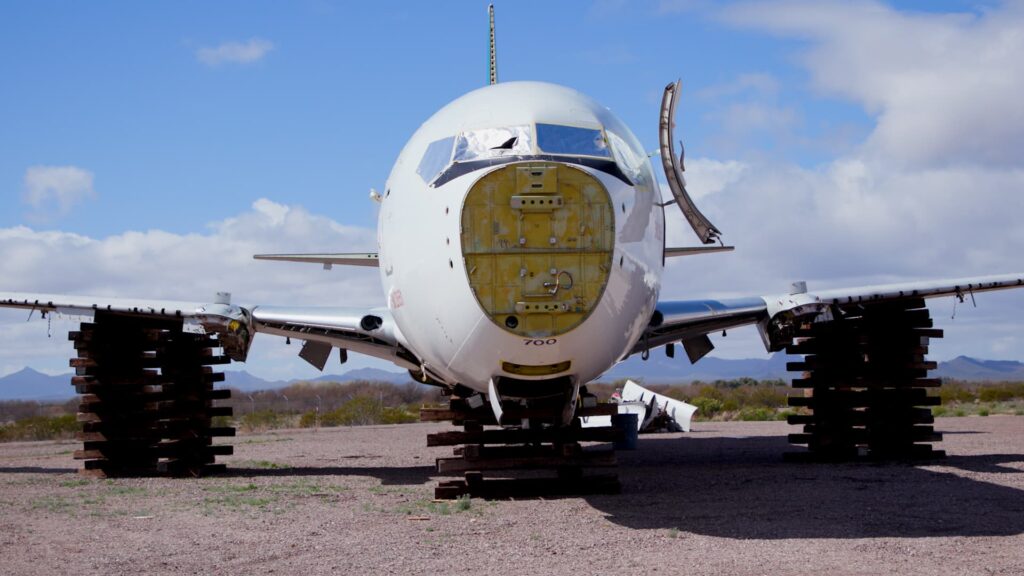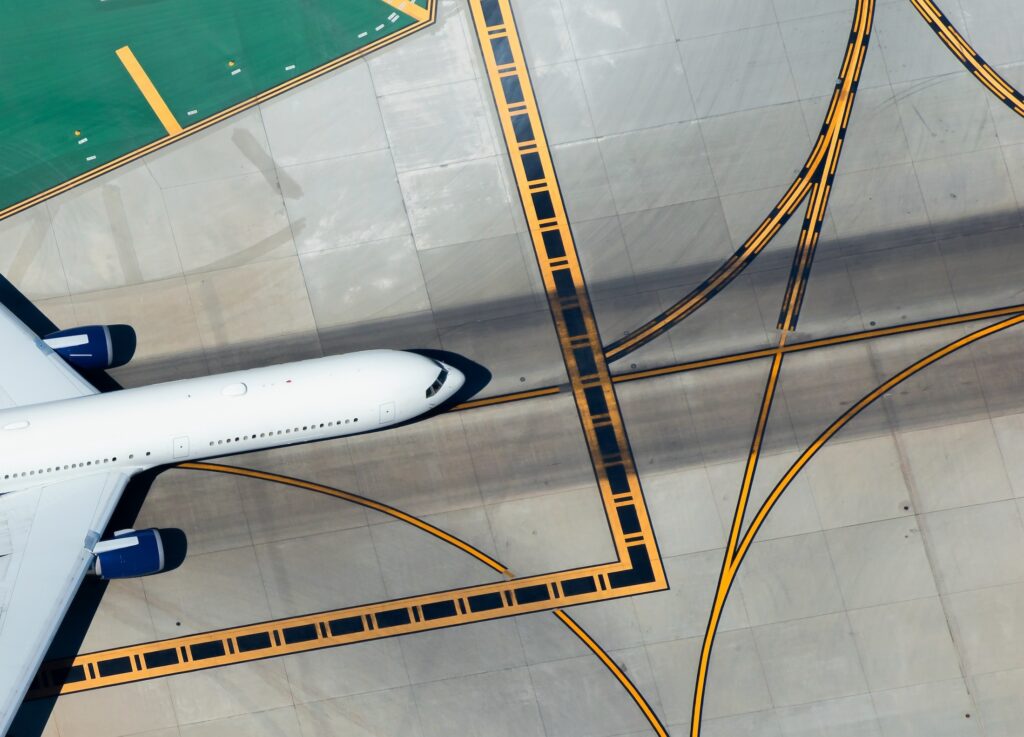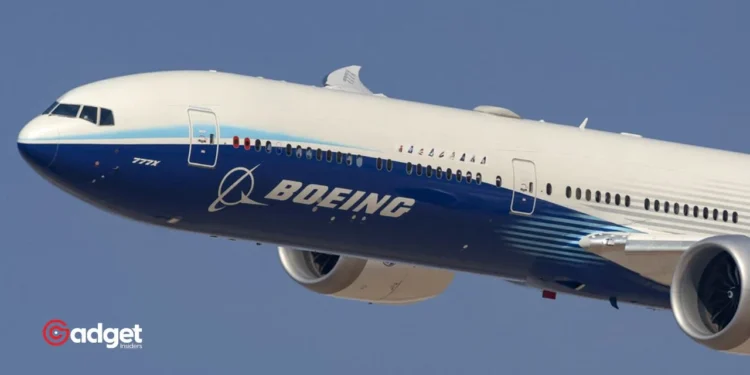Boeing, a name synonymous with aerospace innovation, has once again found itself in turbulent skies. A serious flaw in the Boeing 777 series—including the -200LR, -300, -300ER, and 777F models—has come to light, revealing a potentially fatal defect in the fuel line that could lead to an explosion. This alarming issue was first identified by Boeing itself, underscoring the ongoing safety challenges the manufacturer faces.

The defect specifically involves an ignition source inside the fuel tank, which could result in a catastrophic fire or explosion. According to an Airworthiness Directives note, “This condition, if not addressed, could result in an ignition source inside the fuel tank and subsequent fire or explosion.” Currently, almost 300 aircraft from the 777 series need urgent repairs to rectify this flaw, which affects planes widely used by major carriers like American Airlines and United Airlines in their domestic fleets.

The proposed fix requires the installation of electrical bonding and grounding to a component in the center fuel tank. This is part of mandatory service actions that Boeing outlined in a November 2023 alert bulletin, as stated by an FAA spokesperson.
FAA’s Stance on Boeing’s Safety Overhaul
In a separate statement, FAA Administrator Mike Whitaker emphasized that Boeing has a significant journey ahead to enhance its safety protocols. This remark came in the wake of an incident on January 5, where a door panel detached from an Alaska Airlines plane mid-flight, raising concerns about Boeing’s overall safety measures.
By May 30, Boeing is expected to deliver a comprehensive plan addressing these safety protocols to the oversight agency.
Whitaker highlighted the importance of evolving both the safety systems and corporate culture to encourage employees to report potential safety issues. “What we’re seeing next week is the plan going forward. It’s not the end of the process. It’s the beginning, and it’s going to be a long road to get going back where they need to be making safe airplanes,” he explained.

Dave Calhoun, company’s retiring CEO, shed light on the company’s proactive approach towards resolving these issues. “We’ve been engaged with the FAA and immediately went to work on our 90-day quality action plan. We’ve completed our 30-and 60-day FAA reviews and will meet with the FAA in a couple of weeks to present our final plan,” he stated. Calhoun also acknowledged that the FAA would take necessary time to thoroughly review the plan and ensure the company adheres to the established control parameters.
Conclusion: A Path Forward for Boeing
The journey towards enhancing safety and rebuilding trust is far from over for Boeing. The discovery of this new flaw in the 777 series is a stark reminder of the ongoing challenges the aerospace giant faces. As the company continues to navigate these turbulent times, the world watches closely, hoping that these rigorous safety improvements will restore the manufacturer to its former esteemed position in aerospace excellence.
For those keen on staying updated with the latest in travel and aerospace developments, subscribing to daily newsletters like TravelPulse can provide timely insights and information.










